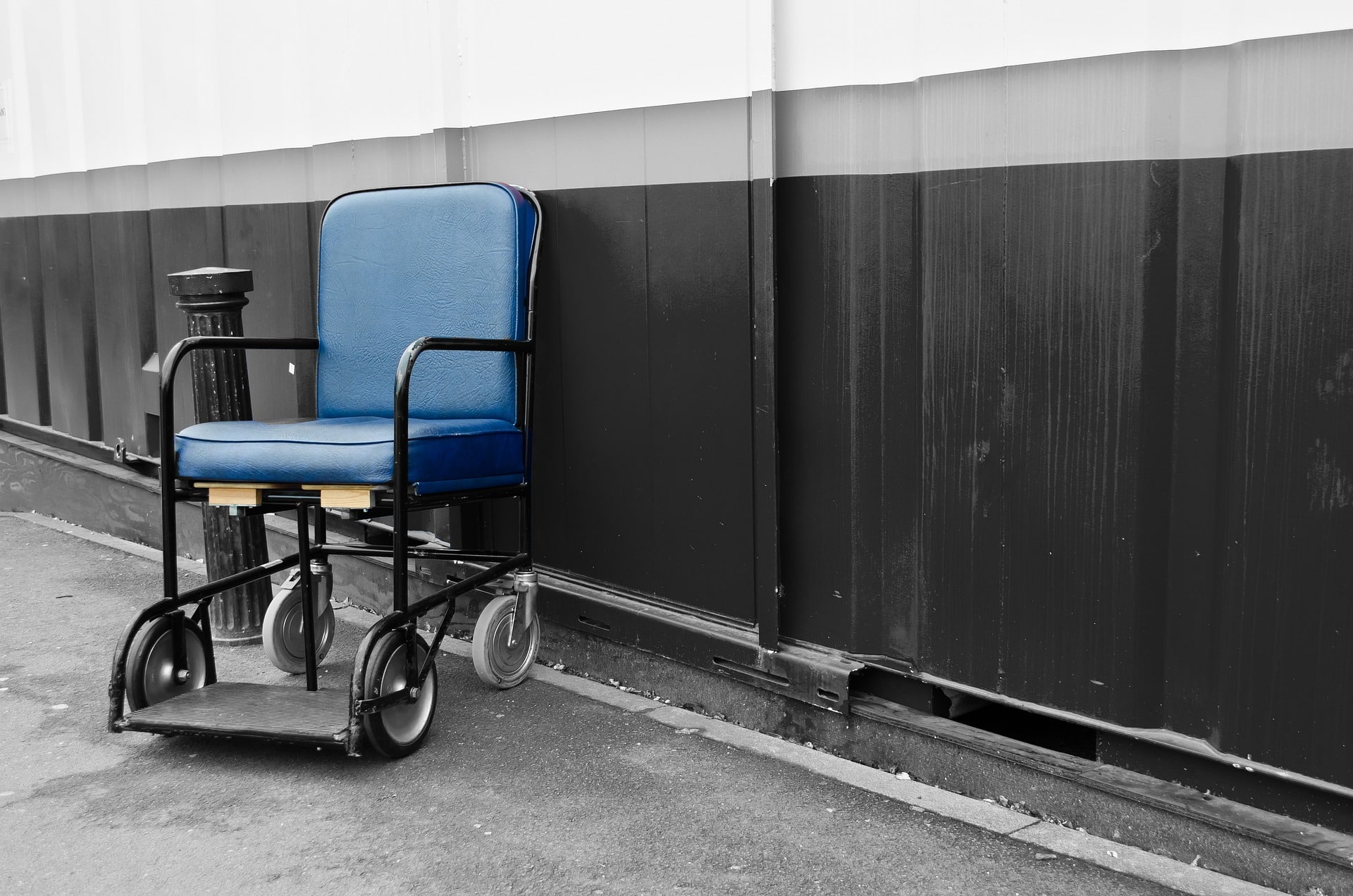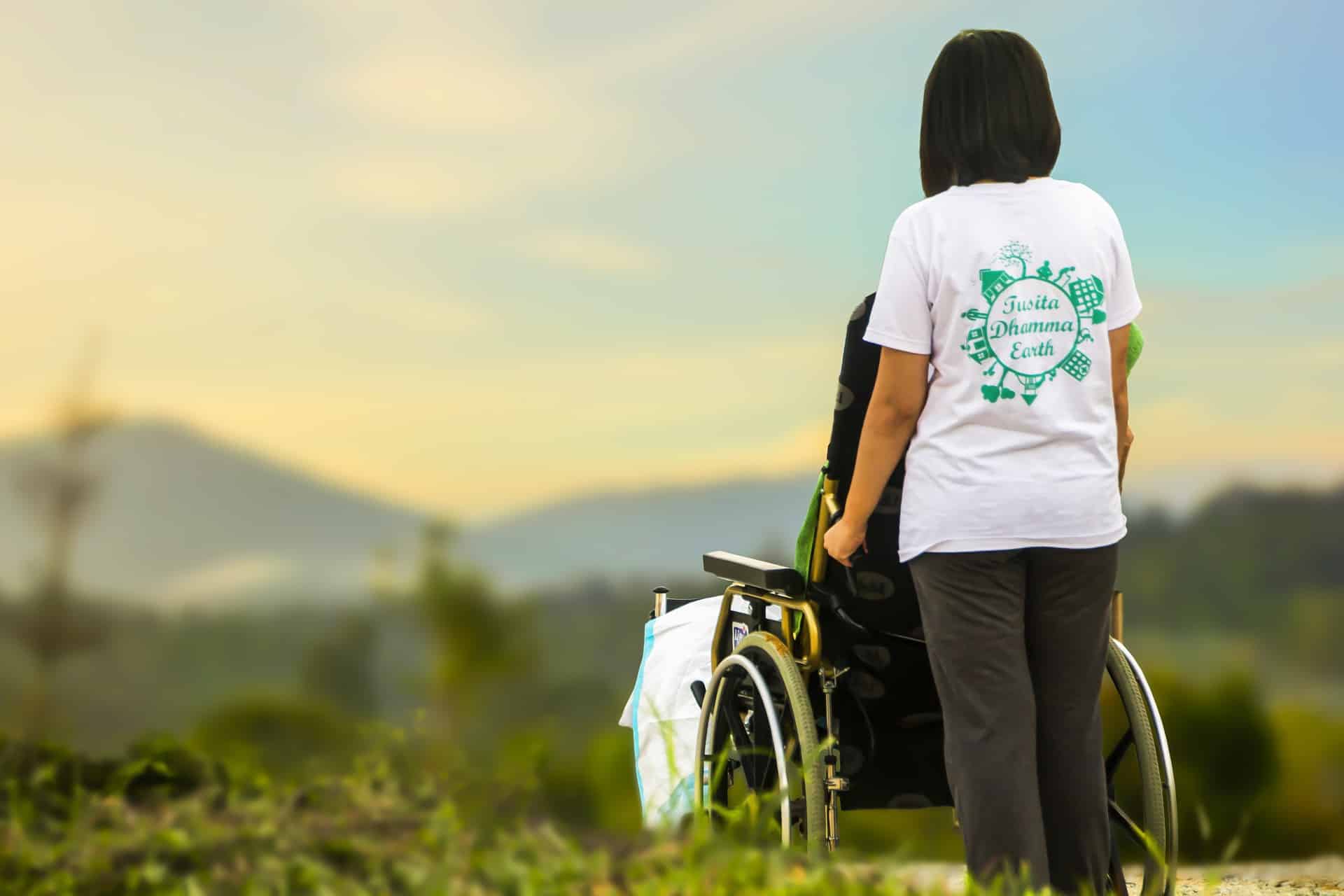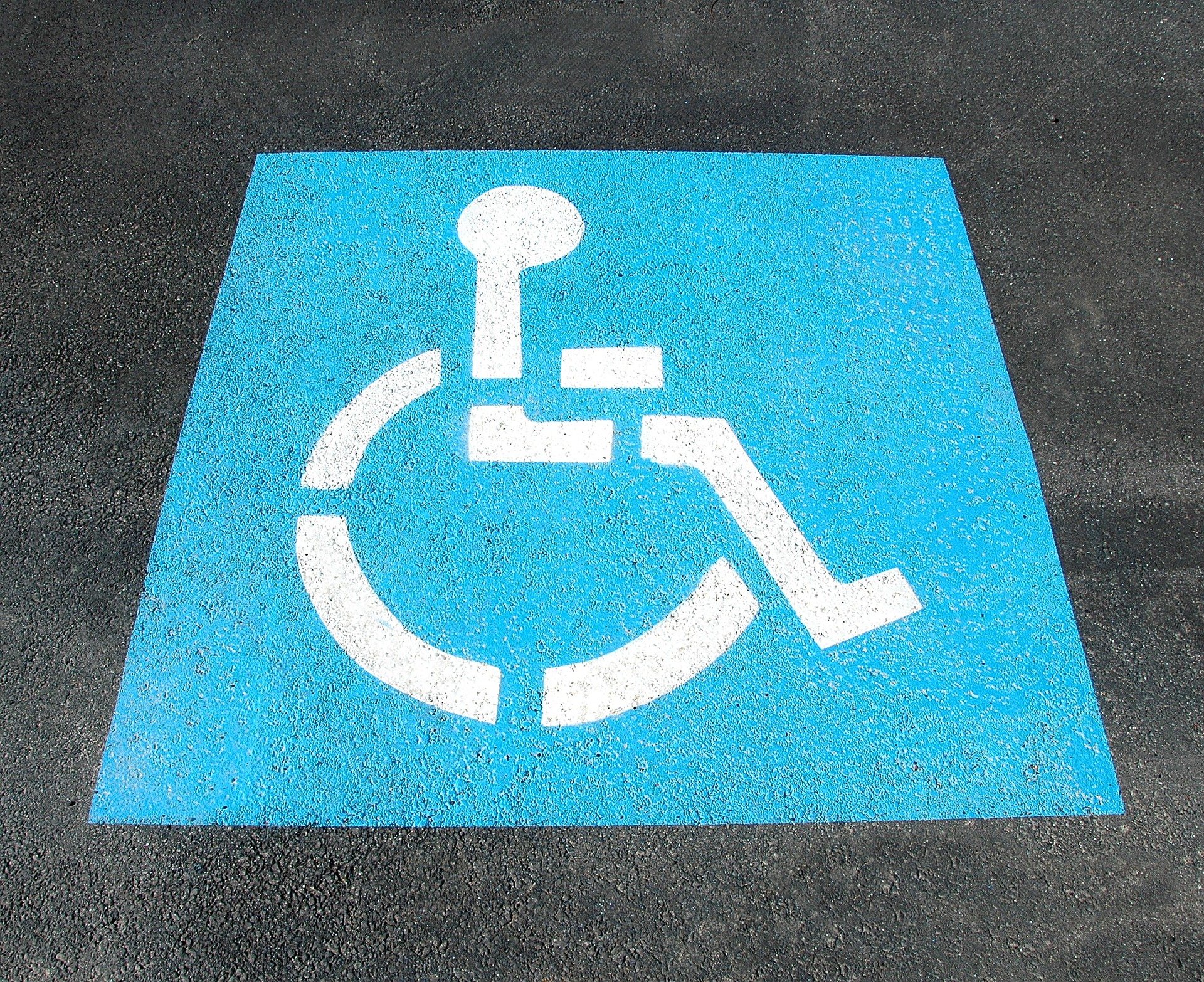
Is There Unequal Healthcare for Disabled Patients?
In this article, we’ll explore whether there is inequality in healthcare when it comes to disabled patients…
Health inequalities are unfair and avoidable differences in people’s health across the population. Recent studies have found that disabled patients are among those that are less likely to have their needs met and not receive the same access to healthcare as able-bodied people do. It’s important that if you or a loved one has experienced medical neglect, you look into making a claim for medical negligence.
In this article, we’ll be exploring the challenges disabled patients face, as well as improvements the health sector could adopt for a more just healthcare system.
The Challenges for Disabled Patients
It’s fair to say that disabled patients face a number of challenges when it comes to seeking medical care. Depending on the disability the patient has, a number of problems can quickly develop.
First of all, disabled patients are more likely to report being in poor health than the average, able-bodied patient. Many of these disabilities come with lifelong chronic pain or other issues that lower the quality of life disabled patients experience. However, this is just a tip of the healthcare iceberg for disabled patients.
Depending on the physical disability that a patient has, they may be unable to articulate their physical needs in the correct way. If somebody has a speech impediment brought on by a stroke, for example, then they may find it difficult to clearly articulate the problem, leading to misdiagnosis, or a lack of suitable treatment.
Physically disabled patients often experience situations where their needs are not met. This can also apply to patients with learning disabilities as well. Unfortunately, the attitude towards disabled patients by the bulk of the healthcare industry is quite poor. Some will simply dismiss new symptoms or recurring issues as being part and parcel of the physical or mental disability a patient has.
This can result in many disabled patients feeling either dismissed by the healthcare sector or simply considered unimportant. It’s fairly common for disabled patients to be angry and resentful towards doctors and medical practitioners because many don’t take them seriously or don’t provide the correct treatment that they need.
Systemic Change is Needed
It is clear that systemic change is needed for doctors to properly treat disabled patients. The problem has been identified as being twofold.
First of all, an attitude adjustment is needed for the bulk of the healthcare sector. Medical professionals need to take disabled patients just as seriously, as they would a healthy, able-bodied person. This means giving them the proper care and attention that they need, working with them to understand that needs, and prescribing an adequate course of treatment depending on the situation. Simply dismissing the needs of disabled patients out of hand is no longer acceptable.
Second of all, there needs to be changes in the way that accessibility for disabled patients is handled. There is some change, and it is occurring slowly, but there needs to be a complete overhaul of the way that disabled patients are both supported and given access to medical care.
Provision needs to be made for those patients who can’t communicate their needs well, or for patients who struggle to access medical care due to physical limitations. These are all changes that take place over a long period of time, but they are vital for rebalancing medical care, and removing the inequalities that disabled patients face.
Disabled Patients Deserve Support and Care

While it is fair to say the attitude towards disabled members of society hasn’t always been great, in recent history great leaps and bounds have been made in the name of inclusivity and accessibility. However, this has yet to translate fully to the healthcare sector, and it does need to happen sooner rather than later.
Disabled patients deserve the same standard of support and care that any other member of society is entitled to. Whether this comes in the form of enhanced sensitivity training for medical professionals or readjusting practices to be as inclusive as possible, it’s clear that change needs to take place.
Until such a time as this happens, claims of medical negligence will continue to be widespread. This is a great shame and is a clear sign that things need to be revised.
Please be advised that this article is for general informational purposes only, and should not be used as a substitute for advice from a trained legal professional. Be sure to consult a medical lawyer/solicitor if you’re seeking advice on medical negligence. We are not liable for risks or issues associated with using or acting upon the information on this site.
